In Our Element Participating in the Science Olympiad Competition
Patchogue-Medford students participating in the Science Olympiad Competition at Ward Melville with their help of their advisor, science teacher, Mr. Lipp.
Photo by Trevor Lipp
(From left to right) Elizabeth Niemiec, Francine Tongol, Evan Zhang, Meghan O’Leary, and Justin Zhou. The Science Olympiad competition was on January 26th at Ward Melville High School.
Back in January, Patchogue-Medford competed in the regional Science Olympiad competition for the first time under the advising and coaching of Mr. Lipp, an earth science and chemistry teacher here at the high school. It was an event for the books, shrouded in anticipation and uncertainty, yet concluding with surprisingly positive results.
For Patchogue Medford’s first time in recent years, we achieved respectable standings: out of 53 teams, the A-Team came out in 34th place overall and the B-Team in 42nd overall. We also placed In specific events, winning our team 2 medals, for 9th place in Anatomy and Physiology earned by Meghan O’Leary and Francine Tongol of the A-Team, and for 10th place in Protein Modeling earned by Elizabeth Niemiec, Evan Zhang, and Justin Zhou. Aside from that, we had events in which we came close to placing as well, such as the A-Team Disease Detectives and the B-Team Sound of Music, which both came out in 11th place.
This is extremely motivating and just the beginning. It’s merely our first year and we already have a solid foundation to work with as we build our program. Therefore, as we acknowledge our success this year, we are must begin to develop a plan for preparation for next year.
Now that this year’s members have had experience with what the competition entails, in terms of commitment and work, they can pass on their knowledge to help prospective members. With that being said, many of our team members are seniors this year. We are looking to rebuild for the following school year to ensure that we live up to our full potential as a team.
So what really is the Science Olympiad? According to their website, the Science Olympiad competitions “are like academic track meets, consisting of a series of 23 team events. Each year, a portion of the events are rotated to reflect the ever-changing nature of genetics, earth science, chemistry, anatomy, physics, geology, mechanical engineering, and technology. By combining events from all disciplines, Science Olympiad encourages a wide cross-section of students to get involved. Emphasis is placed on active, hands-on group participation. Through Science Olympiad, students, teachers, parents, principals, and business leaders bond together and work toward a shared goal.”
Advisor, Mr. Lipp said, “ The Science Olympiad is a national competition against different schools, that starts off at a regional level, the regional winners can go to states, and the state winners can go to nationals. There’s an assortment of different science competitions that the students can compete in. They range usually from Earth Science Competitions to Biology to Physics to Chemistry and everywhere in between- so elective class style competitions for things like forensics or marine biology.”
For all the science-loving students out there, joining the Science Olympiad is the perfect opportunity to make new friends and take part in various science-based competitions. Although it may seem like a lot of work at first glance, it’s important to note that this club is very rewarding. The more effort you put into it, the more fun and bigger sense of satisfaction you’ll get out of it. Not to mention the many awesome medals you could win!
“In my opinion, the most rewarding thing [about being in the Science Olympiad] is that you get to work with some of the best kids in the school. I think everyone is self-motivated, so you’re working with a lot of your classmates to achieve something that will reflect on the school. So, you represent the school and you want to make the school look good, but at the same time, you also get to compete for yourself so that you can win medals. If I’m being honest, I think the most rewarding thing is winning medals,” said Mr. Lipp.
While winning medals has its obvious benefits- getting to see your hard work pay off and, of course, the bragging rights- outside from just winning or losing, being a part of the Science Olympiad offers a new perspective and deeper understanding of science and its role in our lives.
The events explore different branches of science, with something for any student interested in STEM. Many of them are uniquely tailored in that they aren’t based on much curriculum that you would learn in science class. Even if they are loosely connected, the material that can be learned in preparation for a science olympiad event can extend far beyond classroom material.
In the words of Anson Zhou, a senior and one of the two Science Olympiad co-Presidents for this year, “The greatest thing about Science Olympiads is the duality of targeting a specific niche and every single niche at the same time. Though it is a fantastic intellectually stimulating club for science fans, there are so many diverse avenues to explore and compete in that there is truly something for everyone.”
Moreover, each event is challenging and requires one or two partners to help with the lab, building, or testing aspects- teaching the importance of teamwork and preparation. Simply, it’s an enriching experience through and through.
When asked about what prompted him to start running the club here, Mr. Lipp said, “I was the president of my own team, back when I was in high school, and we had a terrible team and even in spite of that I really loved and enjoyed going every year. It took me a while to really get into it because the first year I’m like ‘whatever I’ll show up,” just like we sorta did, ‘and just have fun with it.’ I want to give the students at this school the opportunity to have as much fun with it as I did, see how rigorous it is, and see the length that you can go to all in order to understand how difficult and challenging science can really be. You might not always get that in a classroom environment. It also serves as an opportunity for students who maybe aren’t into sports to become competitive in something that’s not normally thought of as competitive, outside of you know ‘I have a 95, you have a 96,’ that’s not really competition.”
Still weary if the science olympiad is meant for you? Take Mr. Lipp’s word for it: Science Olympiad is perfect for any student interested in science and looking and willing to take the challenge that the Science Olympiad offers.
“I’m open to any student who wants to join the Science Olympiad. People think it’s more geared toward honors or AP students but if I have a student who knows everything there is to know about forensics, and they’re gonna work harder someone who is in AP Bio but isn’t gonna do anything to prepare for the event, I’d rather have the student who’s gonna work hard for it and prepare because they’re the one who’s actually gonna ace the forensics competition. It’s really a college level test or lab that they have to perform and that takes outside practice rather than just being a good student in school. I don’t want it to be sort of streamlined or segued into just being for AP or Honors level kids. I want it to be for any student who’s interested in science and they’re gonna work hard to prepare for their event. ”
So, for those looking to join next year, what can you expect? As put by Mr. Lipp, “The good thing about the Science Olympiad is that it’s kind of like an independent study. You’re basically going to be preparing, preparing, preparing from September to January, and then it’s a one-day, full day, event. Each event has its own time slot on that day. Students prepare by bringing supplies as needed, which could include a calculator and full binder of notes, depending on their events. The whole day event is really fun. Food is provided and you get to mix and mingle with kids from other schools. It’s pretty rigorous; so you’ll be busy the whole day, but at the end of the day they present the awards, which is, in my opinion, the most fun part.”
“My biggest recommendation is to have an open mind; I can’t guarantee that you’ll get to compete in the event that you want but I think if you speak to the students who have done the Science Olympiad, they’ll say that all of the events are fun rewarding to compete in, regardless if its a test or a lab or a build event. Be open-minded in picking what you would like to compete in. There are over twenty events so there’s a huge range from biology to chemistry to physics events. Secondly, be ready to work with somebody you don’t know, you will be paired up with who is best prepared for the event. Chemistry Lab will not be two people who are best friends; it will be the two best people who are best prepared for that event. Be open to making new friends, talking to the other team (we have two teams). So don’t be afraid to approach the B-Team if you’re on the A-Team and say ‘Hey, look here are my notes,’ or ‘Why don’t we work together on this?’”
In regards to our experience at the competition this year, he said that “I think it was a good introduction to the Science Olympiad. You really don’t know what it’s about until you’ve actually gone for one year, so my expectations were incredibly low for this year and they [the team] far exceeded my expectations. Just the fact that we got a medal was very surprising and rewarding for me. And it’s not about me, I just want the kids to go, show up, and come out feeling confident. I think that if a student sees their peers win a medal, or even if they win a medal, and they see that they can compete with these other schools around us, it motivates them further. And, you know, we should be able to compete with them. I thought it went great. I hope the students enjoyed it. I hope they’re willing to come back for more.”
When asked about his ideas on how to improve the team for the upcoming year, Mr. Lipp stated that “I would like to have more time during the week with the students preparing, to increase the rigor of the club, so that means having students come at least once a week to be preparing for their events. I would also like to work with other teachers so that their knowledge base and resources can help students with their events that I’m not an expert in, especially build events. In other schools, it’s a collective effort; all departments help each other out. It’s a very big source of pride and prestige for these schools, and I don’t see why it can’t be like that at this school.”
“I think it’s a great club, I think it will take a while to build, but I think based on the school, our size, and our resources available, improvement can be very rapid if the resources are allocated properly and the student interest and initiative is there. But I have very high expectations for next year.”
Reflecting on his experience, Justin Zhou, a senior, mentions, “While I was unfortunately not able to participate in the Science Olympiad until my senior year, it has proved to be one of the most riveting extracurricular activities in my high school career. It was especially fun being able to work with and befriend people I might not have otherwise collaborated with, and it was actually really fun studying together and constructing models from the vague knowledge that we had retained. Science Olympiads is very competitive, but it also teaches students to physically apply the knowledge they gain from the classroom and stresses the importance of understanding concepts and above all teamwork. The competitive atmosphere made the club that much more exciting, and as a medalist for the protein modeling event, it was very rewarding to get recognized for all the hard work we put in not just in studying but fundraising as well. I am so proud of everything we accomplished in our first year and am extremely excited to what our club will elevate to in the coming years under excellent leadership and of course, our amazing and dedicated advisor Mr. Lipp.”
With that being said, it’s safe to say that with the first “trial run” year, of sorts, out of the way, we can only progress in our success with the Science Olympiad competition as a school. We’re all looking forward to seeing what the following years has in store for us.
So, what are you waiting for? Join Science Olympiad! It will be one of the best experiences you’ll ever have, guaranteed! With the enrichment, competitiveness, and joy of the competition, it will be a memory you’ll never forget or regret.
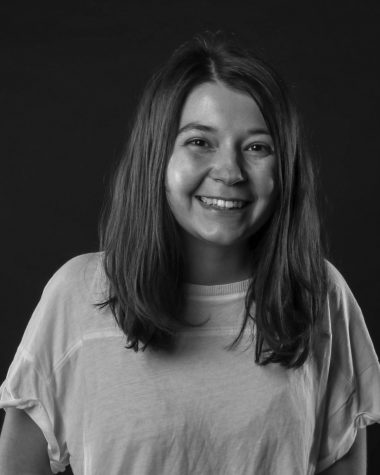
Grade 12
"What a wonderful thought it is that some of the best days of our lives haven't happened yet." - Anne Frank

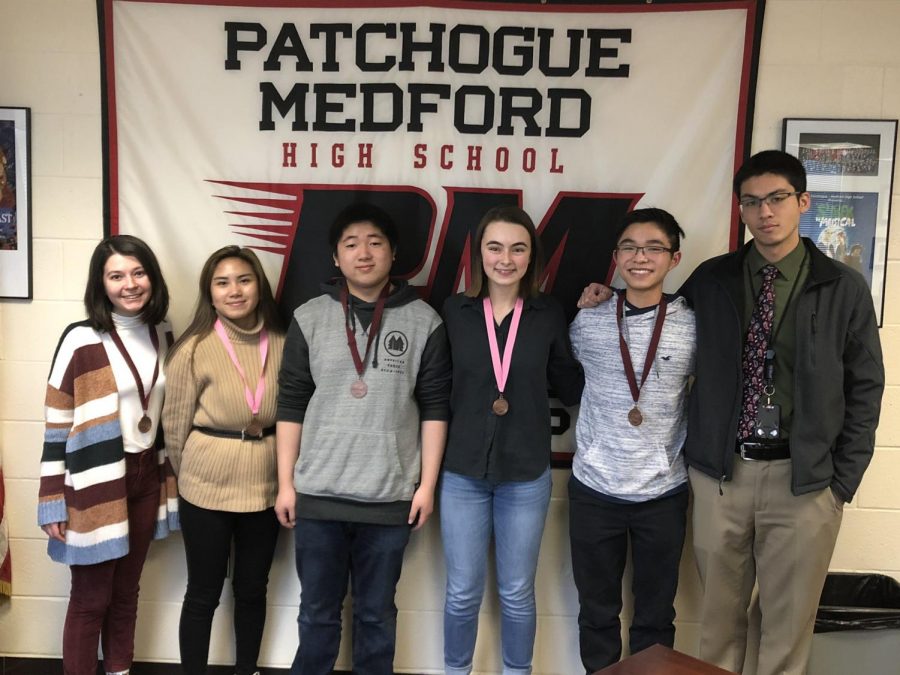

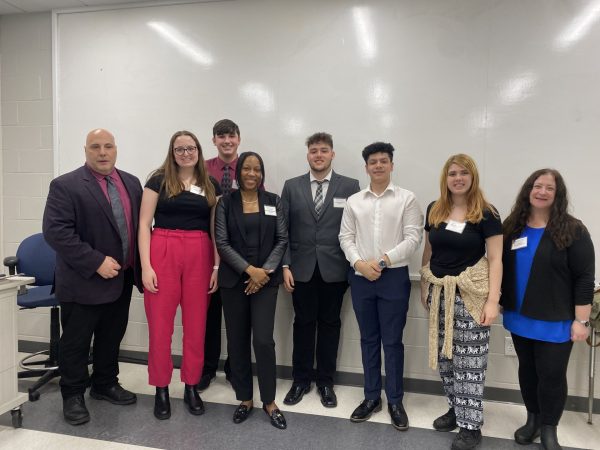
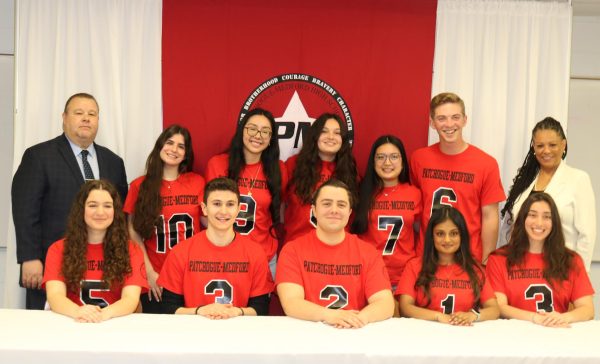

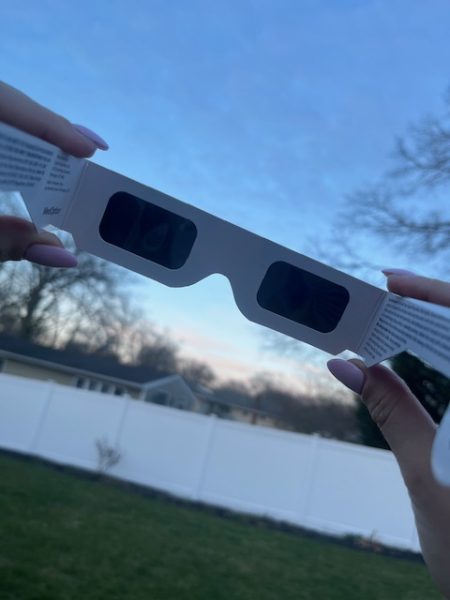

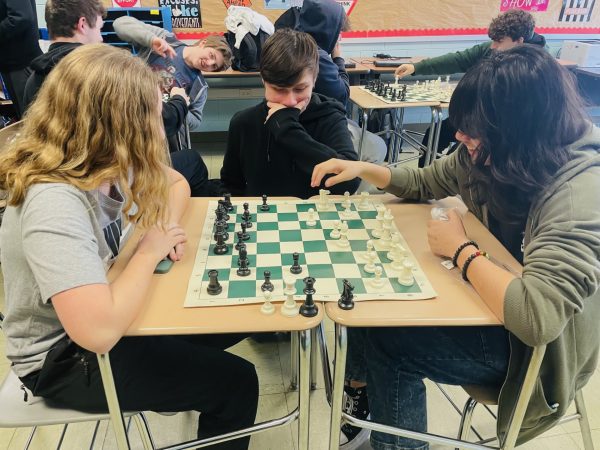
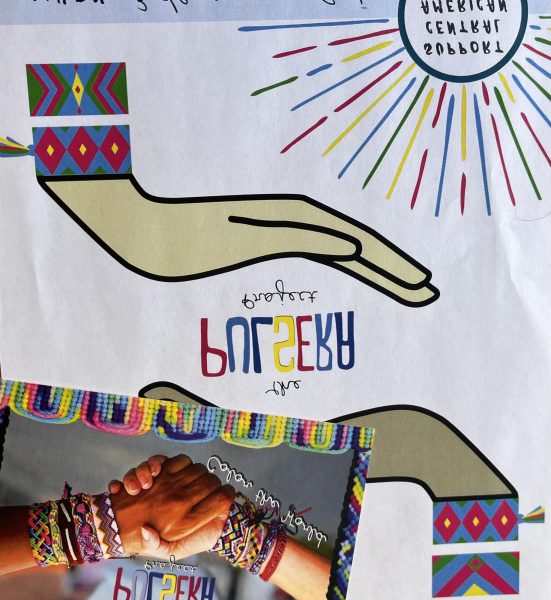
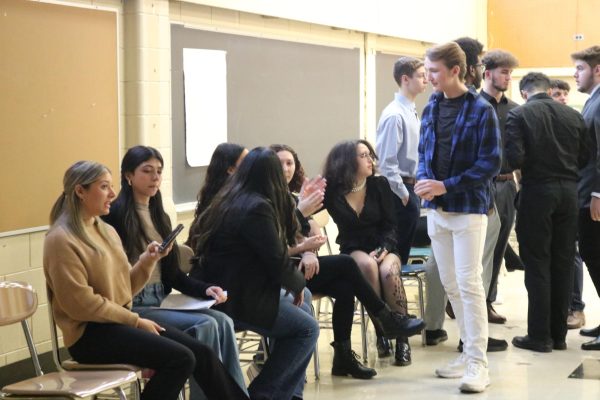

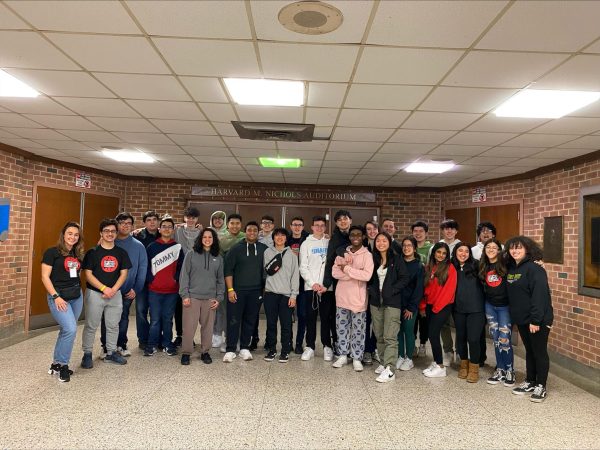
Delaney • Apr 10, 2019 at 2:01 pm
Interesting topic